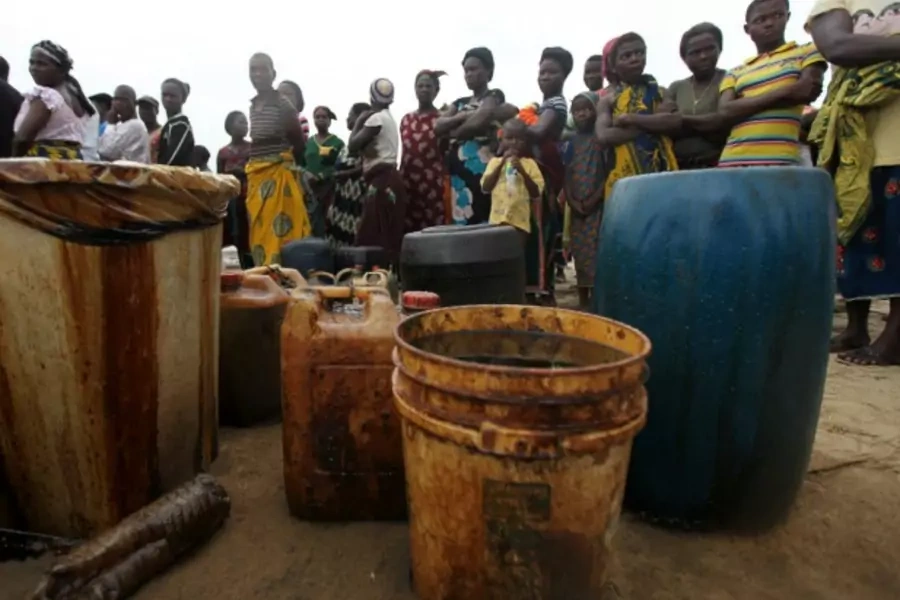More on:
According to Bloomberg, militant attacks on the oil infrastructure in the Niger delta have resulted in the lowest level of production in Nigeria in twenty years, falling below 1.7 million barrels a day. As such, Nigeria is no longer Africa’s largest oil producer; Angola is. Bloomberg, citing the International Energy Agency, estimates that the Nigerian government could lose $1 billion in revenue by the end of May. It appears that some of the oil companies are withdrawing “non-essential” workers out of concern for their safety.
The Buhari administration is concerned. There are reports that at the direction of President Muhammadu Buhari, Vice President Yemi Osinbajo on May 8 met with Army and Navy “security chiefs,” the Minister of State for Petroleum, and “other officials.” Separately, he met with the governor of Bayelsa state (a major oil producer), and at least one traditional leader. The southeast caucus of President Buhari’s All Progressives Congress urged the militants to give the president time to address their grievances. It also said that militant anger should be directed against former President Goodluck Jonathan, who failed to address the long-standing problems of the region.
The hitherto largely unknown Niger Delta Avengers (NDA) claim responsibility for the attacks. There is speculation that militants involved in the last round of attacks, from 2006 to 2009, are also somehow involved. However, former militant leader Government Ekpemupolo, alias ‘Tompolo,’ specifically denies his involvement. The NDA may represent a new generation of militants.
The 2006-2009 attacks on oil infrastructure ended with an “amnesty” established by President Umaru Yar’Adua and continued by his successor, Goodluck Jonathan. The amnesty ostensibly involved the militant surrender of weapons, and training programs for former militants—with allowances. In addition, it is all but an open secret that the government paid off former militant leaders, in some cases with government contracts to “protect” the oil infrastructure. Bloomberg says, “The militants have been frustrated by current President Muhammadu Buhari’s decision to scale back the allowances.” This is credible.
Delta grievances are widespread and very long standing. In essence, the region resents that it does not receive a larger share of the revenue from the oil and natural gas that it produces. In addition, the oil and gas industry is held to be responsible for the massive pollution of the environment, depriving farmers and fishermen of their livelihood. Though it produces so much wealth, the region is remarkably under-developed in terms of infrastructure. However, the world-wide fall in petroleum prices combined with attacks on the oil-producing infrastructure means that the Buhari government has less revenue with which to address such grievances.
More on:
 Online Store
Online Store

